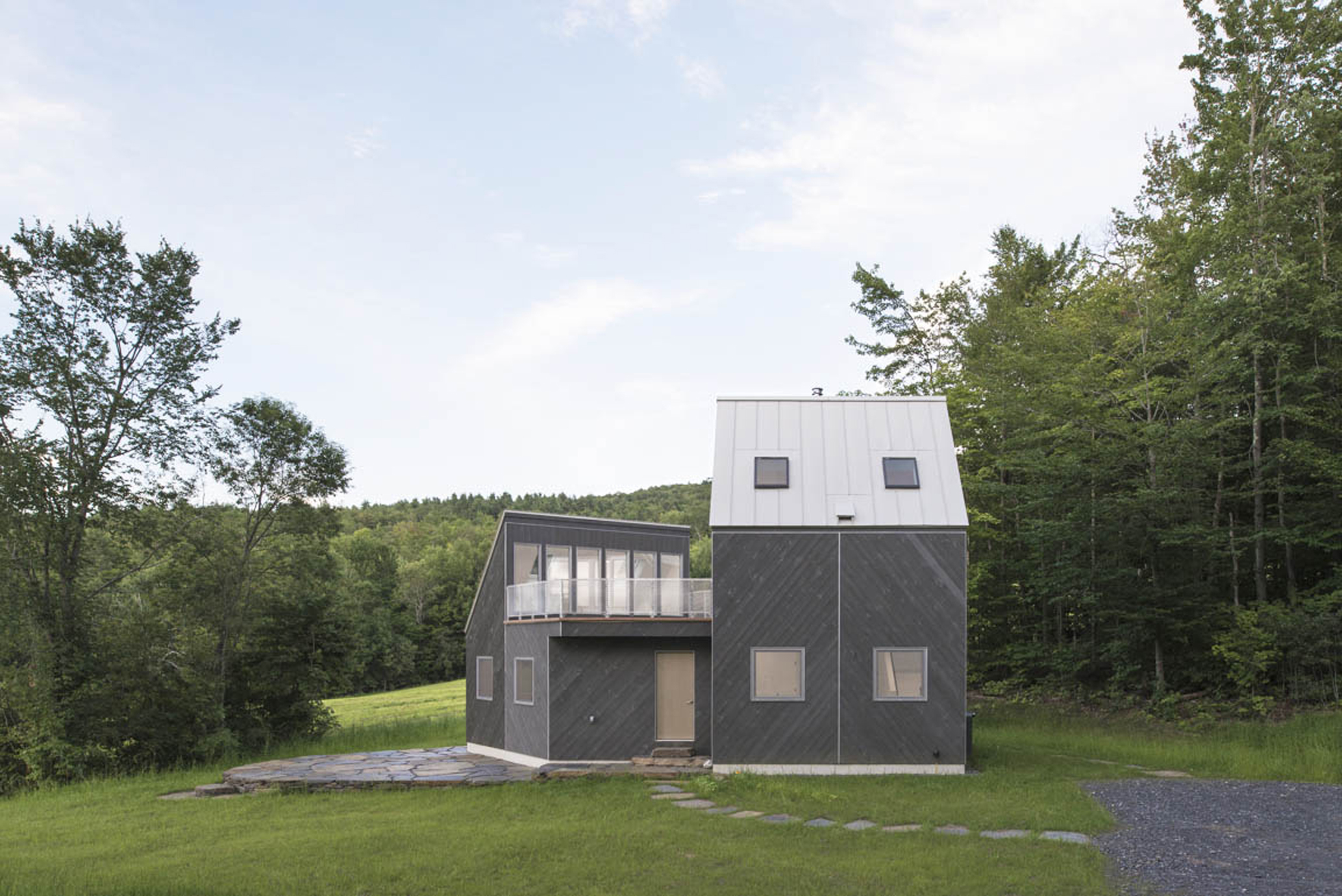
“90 to 95 percent of the buildings you see outside of cities are off-the-shelf, kit-of-parts products: strip malls, big-box stores, barns and the like,” states designer Jaffer Kolb. Rather than lament the suburbs’ rejection of custom design, he and architect Ivi Diamantopoulou decided to ask themselves deeper questions about their profession. Is there a middle way?
This constant probing into the processes of architecture itself forms the basis of New Affiliates, the New York studio Kolb and Diamantopoulou began in 2016. The pair met in graduate school at Princeton University School of Architecture, where, Diamantopoulou admits, “we were each other’s mentor for a long time before we became each other’s firm partner.” About their dialogic beginnings, Kolb quips: “We could only entertain each other in our endless conversations.” Those conversations led to the creation of a firm that, quite simply, questions everything—and then innovates on it. In its nearly five years of existence, New Affiliates has initiated projects that seek to democratize the oft-elitist profession and improve its systems. Among these efforts are an ongoing collaboration with the New York City Department of Sanitation to design recyclable museum displays, already used in temporary exhibitions at the Jewish Museum and soon to be adopted by The Shed; rethinking prefab steel construction for a single-family home in Vermont; and exploring the permanent reuse of life- scale architectural mock-ups as base parts for community garden sheds across New York City, a partnership with the Parks Department called Test Beds. “Working with public, open and accessible institutions is really a way to balance out a lot of architecture that is so alienated from the world at large,” explains Diamantopoulou of the city projects that the studio often designs pro bono until fundraising is attained.
As the firm looks ahead to the next five years, a new affiliate has recently joined its ranks. Senior designer and Ateliers Jean Nouvel alumnus François Leininger will help the practice scale up its ideas around reuse and mitigating construction’s carbon footprint for bigger, more complex projects. But however large its projects grow, New Affiliates will never lose its inquisitive spirit, assures Kolb. It’s just inherent. “For us, the role of an architect is about trying to find ways to orchestrate preexisting design elements into new, uncanny and beautiful arrangements,” he explains, “rather than investing ourselves in the fetish of ground-up construction.”

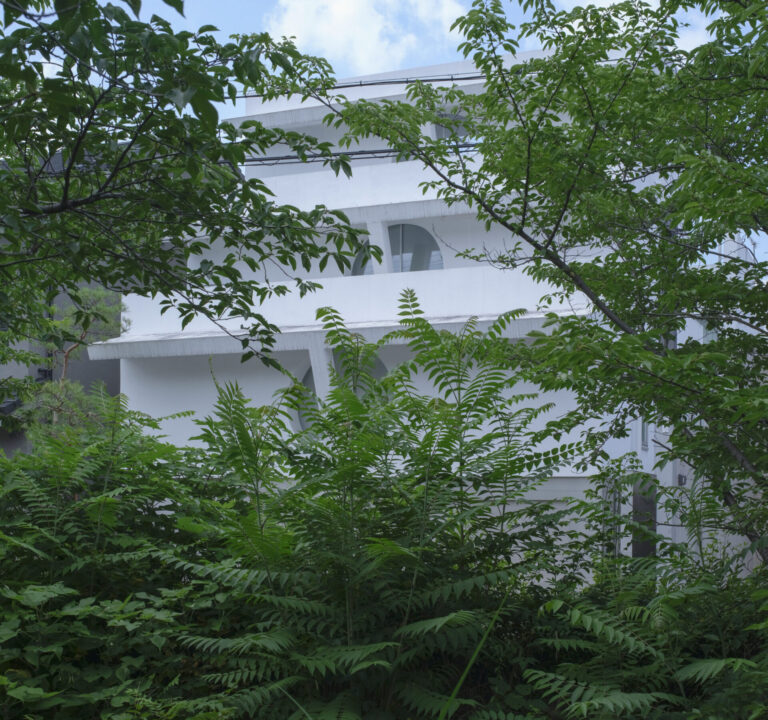
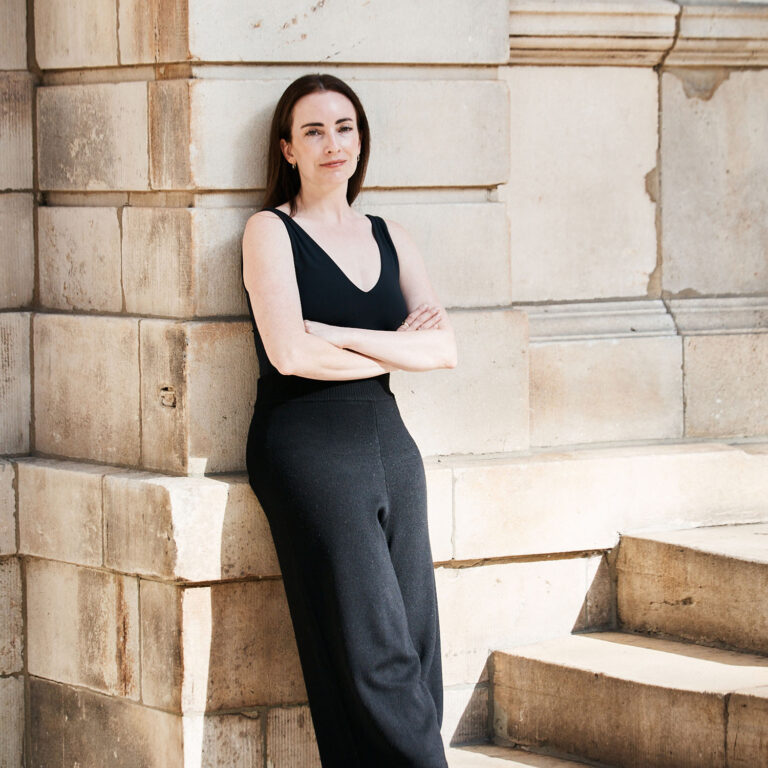
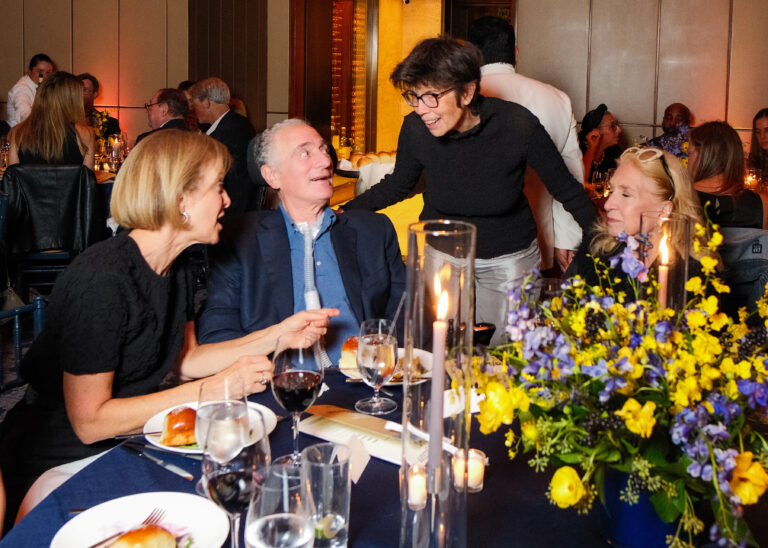
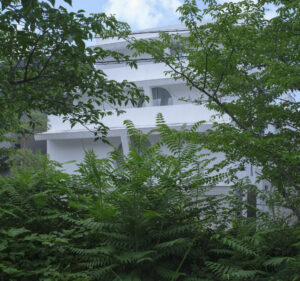

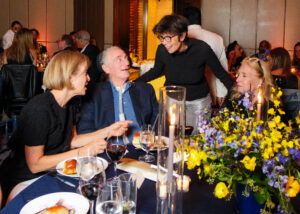



 in your life?
in your life?

